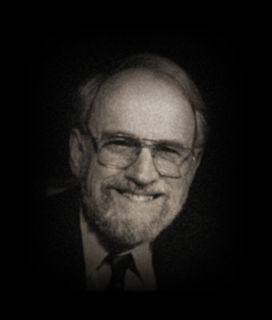A Quote by Arthur Koestler
From the psychological point of view, the self-asserting emotions, derived from emergency reactions, involve a narrowing of consciousness; the participatory emotions an expansion of consciousness by identificatory processes of various kinds.
Related Quotes
Dissident Natan Sharansky writes that there are two kinds of states - “fear societies” and “free societies.”… The two societies make up two kinds of consciousness. The consciousness derived of oppression is despairing, fatalistic, and fearful of inquiry. It is mistrustful of the self and forced to trust external authority. It is premised on a dearth of self-respect. It is cramped …
In contrast, the consciousness of freedom … is one of expansiveness, trust of the self, and hope. It is a consciousness of limitless inquiry … It builds up in a citizen a wealth of self-respect.
Since consciousness is the basis of all reality, any shift in consciousness changes every aspect of our reality. Reality is created by consciousness differentiating into cognition, moods, emotions, perceptions, behavior, speech, social interactions, environment, interaction with the forces of nature, and biology. As consciousness evolves, these different aspects of consciousness also change.
The point of the overall meditative path is to have Wakefulness (or Consciousness as Such) transcend and include all state-realms, so it ceases to "black out" or "forget" various changes of state (such as dreaming and deep sleep), and instead recognizes a "constant Consciousness" or ever-present nondual Awareness, the union (and transcendence) of individual finite self and infinite Spirit.
Some say that everything that is called a psychical law is nothing but the psychological reflex of physical combinations, which is made up of sensations joined to certain central cerebral processes... It is contradicted by the fact of consciousness itself, which cannot possibly be derived from any physical qualities of material molecules or atoms.
One cultivates spaciousness or awareness which allows you to acknowledge the emotions and see them as part of the human condition. Emotions are like subtle thought forms and they all arise in response to something outside yourself. They are all reactions. You cultivate a quietness in yourself that watches these emotions rising and falling and passing away.
To grasp life and meaning, we assume constancy where it does not exist. We name experiences, emotions, and subjective states and assume that what is named is as enduring as its name. Human beings blessed and cursed with consciousness - especially consciousness of their own being - think in terms of names, words, symbols.




































